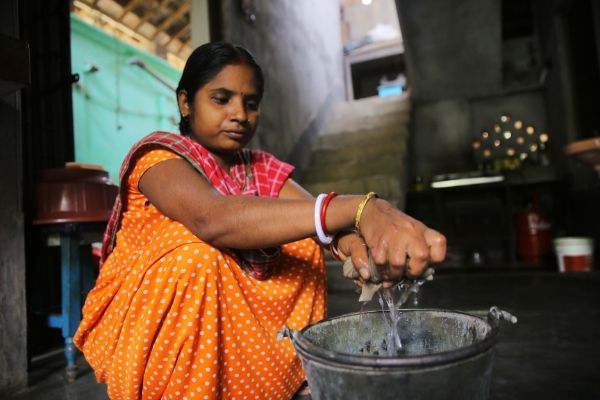Employment of domestic help has been rising significantly since the post liberalisation era. While economic growth, change in lifestyle and participation of more women in the workforce have been driving factors to increase demand for domestic help, the benefits of this have not trickled down to the domestic workers themselves, despite the increase in availability of work opportunities. There is a pressing demand for domestic workers to be seen as workers too. This study was carried out to understand the lived realities and vulnerabilities of domestic workers who are otherwise not included under the ambit of any labour law. This exclusion has been amplified by the lockdown due to the COVID pandemic and very little is being done to address the concerns of domestic workers. Close to two hundred fifty phone numbers of the domestic workers who were part of the SEWA Union were sought from five states: Bihar, Delhi, Jharkhand, Rajasthan and Uttarakhand. They were then reached out for telephonic interviews.This study was conducted to assess the specific effects of the COVID-19 virus and subsequent lockdown on domestic workers through parameters such as socio-economic background of the worker, nature of income, ownership/loss of assets and job security; amongst others.

